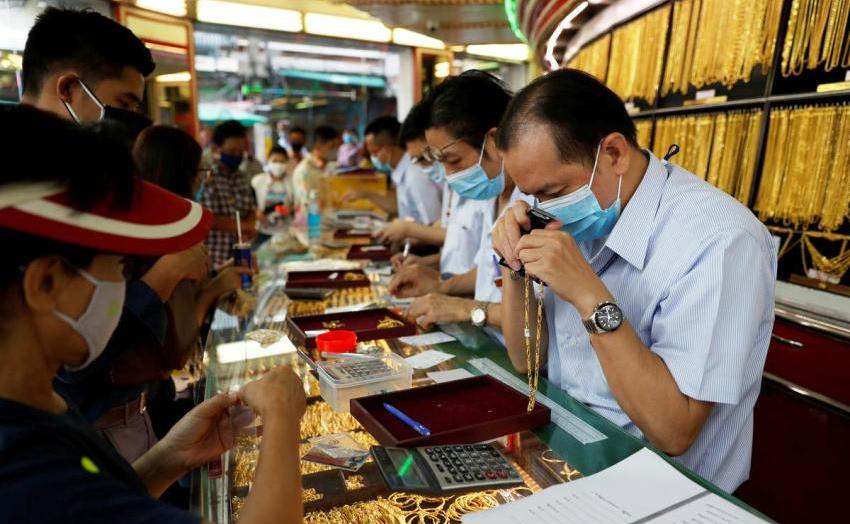(CTN News) – According to experts, the third-quarter growth rate of Thailand’s economy was the slowest it has been in nearly a year.
According to official statistics released on Monday, Thailand’s gross domestic product increased 1.5% year-on-year in the quarter ended in September. That’s lower than the 1.8% growth in the second quarter and significantly lower than the 2.4% predicted by Reuters’ experts.
According to the reading, growth in Thailand’s economy slowed for the second consecutive quarter.
“Public spending, inventories and goods exports dragged, despite firm private consumption and tourism,” cautioned DBS Bank economist Chua Han Teng, who predicted that public spending would be constrained due to populist policies.
Economists are expecting a long-term economic recovery to be tough, but in late September, after months of political gridlock and stock market turbulence, Srettha Thavisin was elected prime minister of Thailand.
The Thai economy is weaker than market perception suggests despite healthy consumption growth, according to experts at Bank of America Global Research. This is shown by consecutive quarters of weak production-side GDP.
“They are expecting monetary policy tightening to have a more noticeable effect in the future,” they stated.
As a result of expectations that economic growth and inflationary pressures will intensify in the coming year, the Bank of Thailand hiked its benchmark interest rate for the eighth time in a row during its policy meeting in September.
Thai Baht Faces Headwinds as Economic Concerns Grow
Nomura predicts, however, that the Thai central bank will take a break beginning with its meeting on November 29 and continuing until 2024.
Rate cuts might happen as soon as the second quarter of 2024, according to Nomura.”Despite the uncertainty surrounding the financing plan, the government’s push for a large digital wallet handout will likely be intensified by the weak Q3 GDP outturn,”
The Thai baht, poised for its fourth consecutive annual fall versus the dollar, might face further bad news if the BOT decides to decrease its policy rate or takes an extended pause.







